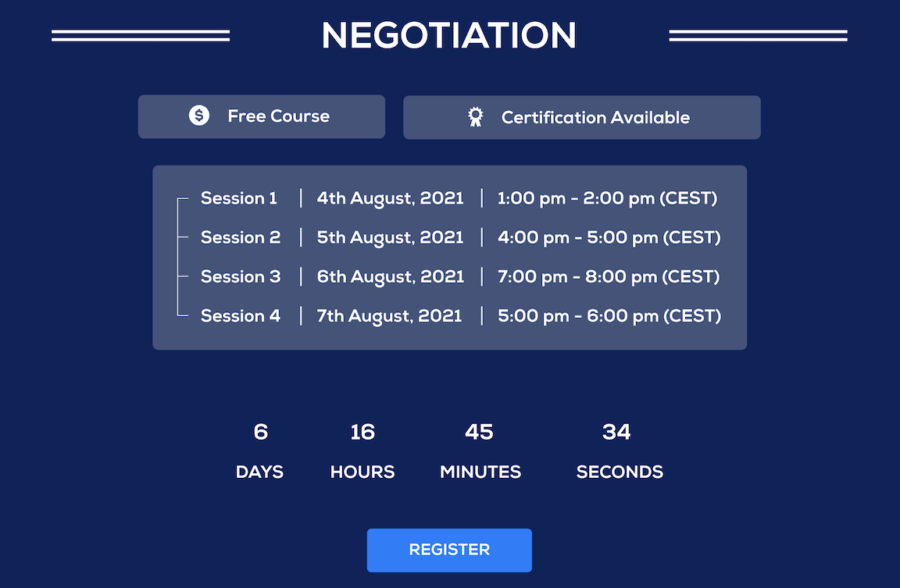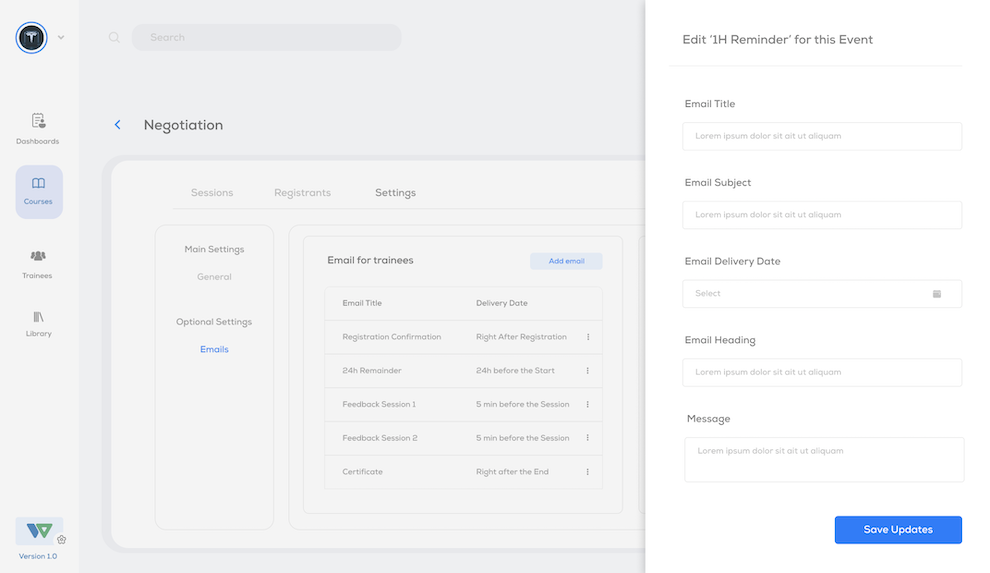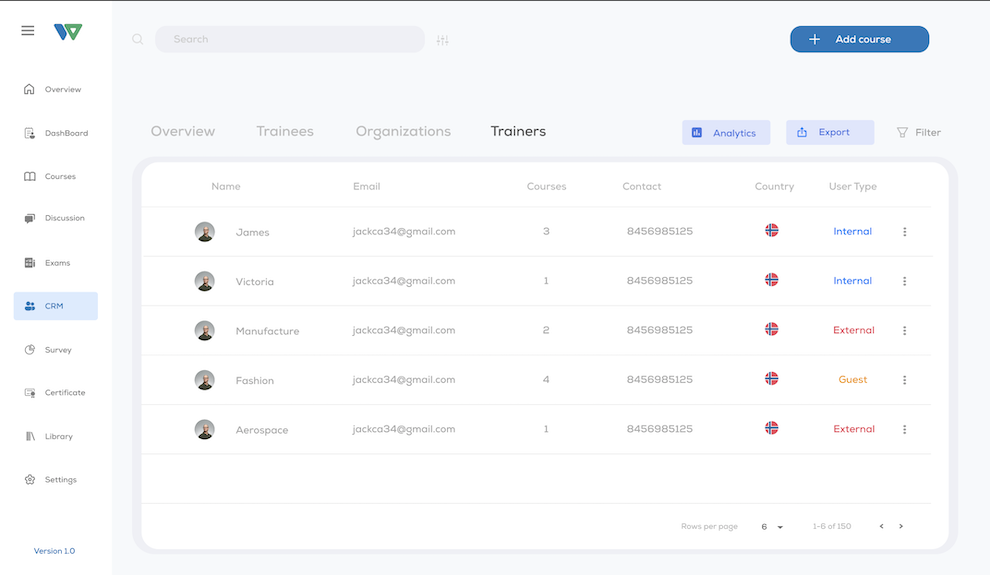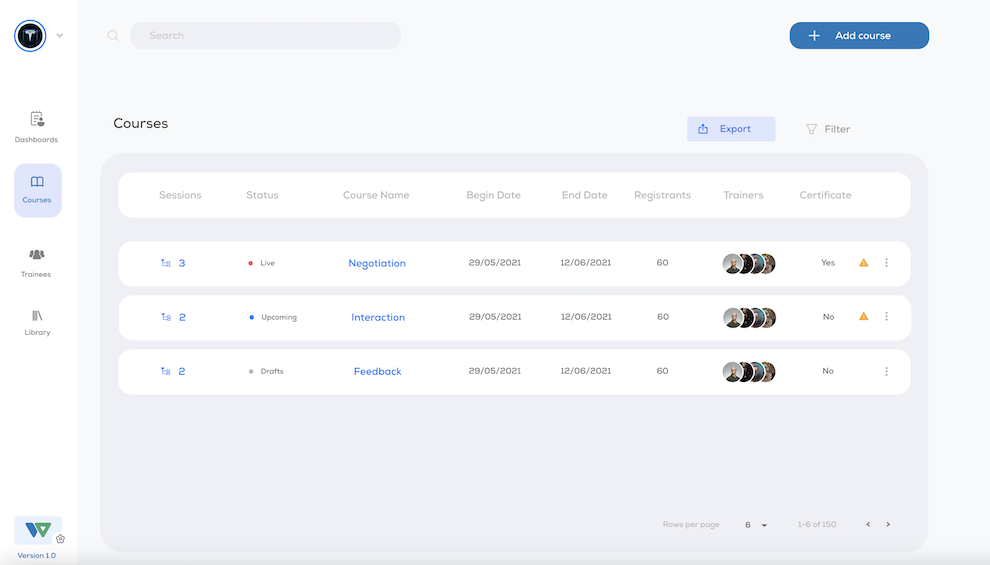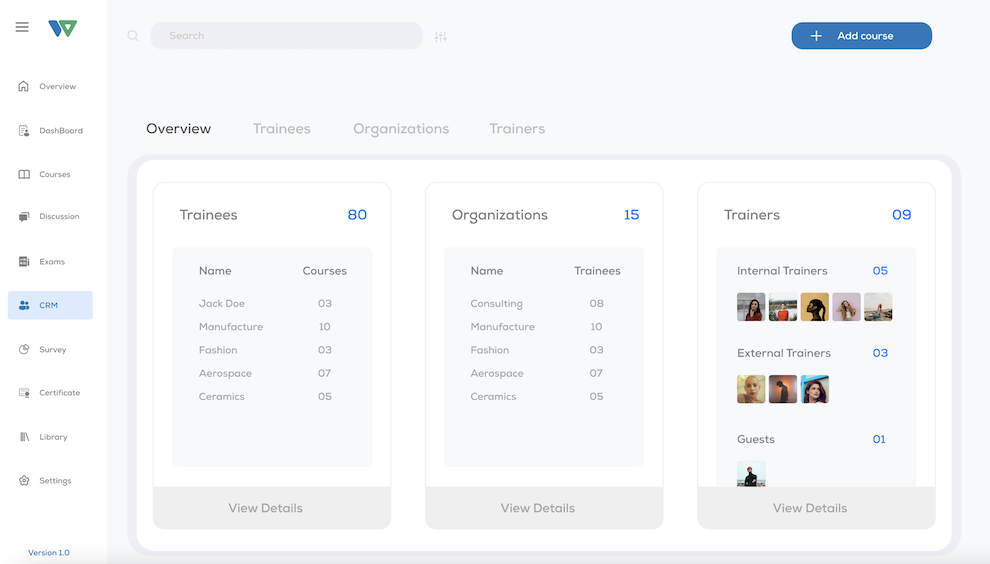Do we learn better together or by ourselves?
How interactions with others can make a difference in your learning experience
Anyone, while thinking about their own learning experience or reflecting on the experiences of those around them, would answer this question differently. Instinctively some would say “together!”, or “I am better off learning on my own…”. Others might think “it depends on what I’m studying, the location where I’m at, the other people I study with.” Someone else might add that we don’t learn just by studying, but that throughout our lives and within different occasions and contexts, we keep learning many concepts, necessary to face life challenges.
When I got my first cell phone I didn’t need to read the instruction manual, I explored it instead using a bit of intuition and I then learned the right sequence of actions necessary to call my friends.
When I decided to improve my English skills I bought myself a book, I followed the instructions, did exercises, memorized words. Eventually, while listening to the Beatles, I realized I could understand their lyrics.
When I wanted to get my driver’s license, an instructor explained to me, step-by-step, how to adjust the mirror, shift gear, and park the car.
There were many variables involved in these learning processes: the presence or absence of a teacher, learning by attempts or by following precise instructions, by focusing on theory or practice.
There is although one central factor that these variables share: I did not achieve competencies in those areas on my own.
If today I can easily use my smartphone, watch English movies and drive my car to work, it’s because when I showed my cell phone to my friends they pointed out to me features I didn’t know before; when I met foreign people and I was lacking the right English words to properly express myself they have been suggested to me; when I let someone take the driver’s seat, a series of advice were given to me.

You can learn on your own, but you learn best from interactions with others. According to the socio-constructivist perspective of developmental psychology, knowledge is acquired through a process of active and socially negotiated construction, and when it comes to learning processes, knowledge is socially co-constructed by individuals. It is thanks to the confrontation of different points of view through dialogue that individuals modify their thought patterns -their structured and organized sets of knowledge with which they orient themselves through the world- and learn.
From an academic perspective, peer collaboration has positive effects on learning processes and outcomes. The social peer-based interaction at the university not only improves the quantity and quality of the information acquired but also constitutes a positive stimulus concerning affective-motivational aspects.
The considerations made about “daily life practices”-such as the use of a cell phone, learning English or driving a car-are also valid for the very act of “studying”, so it is important to value and be aware of the degree of social interaction that individuals have when training takes place. It is therefore crucial to give the right importance to the degree of social interaction within the learning environment.

